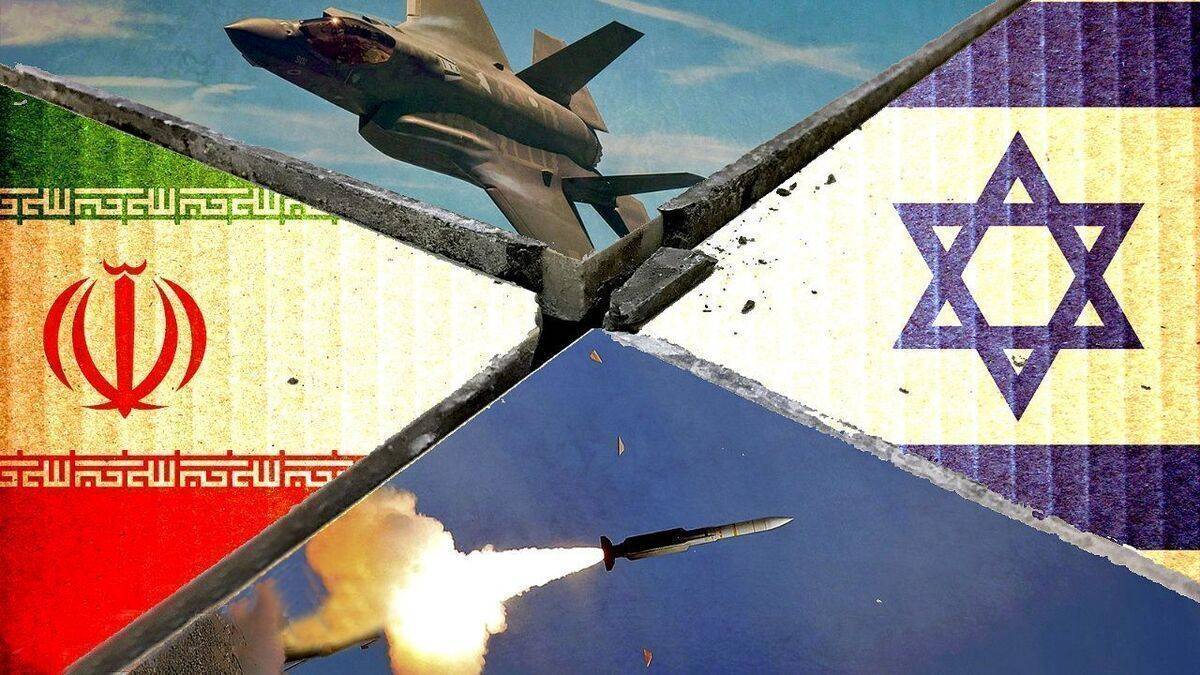2227 Views
Israel Fortifies Commanders with Lifelong Bodyguards: A Regime Living in Fear of Iran’s Revenge
Amid growing concerns over potential Iranian attacks on senior Israeli officials and commanders, the Israeli army has moved to upgrade its security structures. These measures include organizational changes within the General Staff, heightened personal protection for commanders, and reinforced surveillance systems by Shin Bet. Israeli officials believe that the threats of Iranian retaliation are not short-term but may continue for years—or even decades—meaning that some security and military figures may require lifelong protection.
Restructuring of Military Security
According to reports, the Israeli army has upgraded its General Staff Security Unit into a General Staff Security Division. This change, aimed at bolstering protection for senior commanders and security officials, mirrors the structure of Shin Bet’s Unit 730, responsible for close protection of top figures.
This organizational shift reflects a change in Israel’s security strategy, which now emphasizes preventive measures and countering increasingly complex threats. Military sources revealed that this new division is equipped with advanced surveillance technology and protective systems designed to detect and neutralize threats before they materialize.
Furthermore, Israeli defense officials have stressed that the creation of the General Staff Security Division is not merely symbolic, but a practical response to Iran’s evolving asymmetric warfare model. While Tel Aviv previously focused more on border defense and cross-border operations, the protection of senior officials has now become a matter of national security.
Shin Bet’s Intelligence Edge in Tracking Iranian Threats
Israel’s internal security agency, Shin Bet, has reportedly managed to identify and monitor Tehran’s efforts to target Israeli commanders and officials before any potential operation could be executed. Shin Bet has activated networks of intelligence operatives abroad, who continuously collect information on Iran’s retaliatory plans.
The agency also maintains close cooperation with Mossad and the army’s intelligence units to prevent any surprise attacks. An Israeli security source warned that Iran could utilize resistance groups in Lebanon, Syria, and Yemen to carry out such operations, which is why monitoring their movements has become a priority for Shin Bet.
In recent months, Shin Bet has even closed some Israeli missions abroad as part of comprehensive security measures to prevent Iranian actions.
List of Officials Under Threat
Israel has identified a list of military and security officials who are likely targets for Iranian attacks. Key figures include:
Chief of Staff, Eyal Zamir
Deputy Chief of Staff, Tomer Yadai
Air Force Commander, Tomer Bar
Military Intelligence Chief, Shlomo Binder
Newly appointed Shin Bet Director, David Zini
Heightened Personal Protection
Special security measures have been put in place for these individuals. Some commanders now travel in armored convoys similar to the Prime Minister’s, while their level of protection has been elevated to that of state symbols. Others are under 24/7 guard by special units.
This level of personal protection exemplifies Israel’s shift toward preventive security to safeguard its officials and foil potential attacks.
Israeli sources report that these expanded security measures come at a heavy financial cost. The army’s annual budget for personal protection of commanders has increased by 30%, covering expenses such as armored vehicles, advanced eavesdropping systems, and anti-drone defenses at commanders’ residences.
Long-Term Threat Assessment
Israeli security officials believe that Iranian threats represent a long-term challenge, potentially lasting for decades. Assessments note that even after current tensions ease, some top commanders may remain at risk for years to come.
A recent report highlighted Iran’s long history of planning retaliatory operations years in advance. Analysts compare the current threat to cases such as the 2008 assassination of Imad Mughniyeh and Iran’s retaliatory operations. Tehran has demonstrated patience, striking at unexpected times and places. For this reason, “lifelong protection” is seen not as an option but an unavoidable necessity for Tel Aviv.
Conclusion
In summary, Israel has strengthened its security structures in response to rising fears of Iranian threats. The upgrade of protection units, intensified intelligence cooperation between Shin Bet and the army, and implementation of preventive measures demonstrate Tel Aviv’s determination to counter potential dangers.
Given long-term assessments, Israel appears to be preparing for years of heightened security readiness. These developments also show that the Israel-Iran deterrence equation has shifted from conventional military confrontation into the realm of personal security for commanders. This trajectory could define a new model of “shadow warfare” in the coming years, where intelligence operations and personal protection matter more than direct battlefield clashes.
*Translated by Ashraf Hemmati from the original Persian article written by Mohammad Saleh Ghorbani

Comment
Post a comment for this article